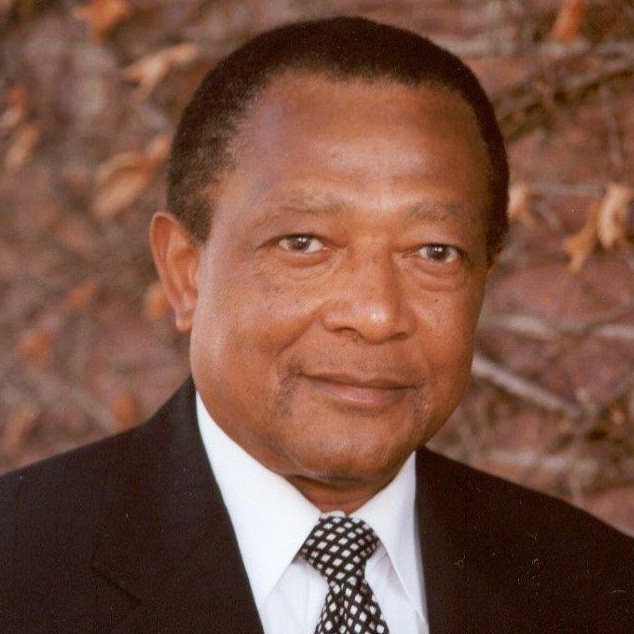Richard Allen Williams, MD, FACC

Dr. Richard Allen Williams was born and raised in Wilmington, Delaware, the youngest of eight children. Upon graduating from Howard High School at the top of his class with a 4.0 grade-point average, he was awarded a full scholarship to Harvard University from which he graduated with honors as the first African American student at Harvard from Delaware. He received the M.D. degree from the State University of New York Downstate Medical Center, performed his internship at the University of California San Francisco Medical Center, Internal Medicine residency at the Los Angeles County-USC Medical Center, and Cardiology fellowship at Harvard Medical School and Brigham and Women’s Hospital in Boston. He was an instructor in Cardiology at Harvard Medical School, and while in this position he founded and directed the Central Recruitment Council of Boston Hospitals, which recruited significant numbers of Black medical trainees to Boston hospitals for the first time in their history. He then served for three years as the inaugural Assistant Medical Director at the Dr. Martin Luther King, Jr. Hospital in Watts, California, and was charged with the responsibility of opening the hospital. During this time he and Dr. David Satcher collaborated on writing the grant proposal which was awarded $2.5 million by the National Heart, Lung and Blood Institute of the National Institutes of Health to establish the King-Drew Sickle Cell Center, of which he became the Director. Following this appointment, he took a position as Chief of the Heart Station and Coronary Care Unit at the West Los Angeles VA Hospital, eventually becoming head of Cardiology at that institution as well as the first Black full Professor in the history of the Department of Medicine at the UCLA School of Medicine.
Dr. Williams has numerous publications and awards to his credit and is the author of The Textbook of Black-related Diseases published by McGraw-Hill in 1975. This is a 900-page book which detailed medical conditions peculiar to African Americans; no other book of its kind has been written before or since, and it is widely considered the classic seminal work on the medical status of Blacks. It is on the shelves of libraries and in medical schools around the world, including the Library of Congress. Other recent books are The Athlete and Heart Disease: Diagnosis, Evaluation and Management, and Humane Medicine: A New Paradigm in Medical Education and Health Care Delivery. Both of these books were published in 1999 by Lippincott Williams & Wilkins. Two other books by Dr. Williams are in preparation: The Textbook of Ethnic Medicine, and The History of Blacks in Medicine. In 2000 he also published volume II of Humane Medicine. He was funded by AstraZeneca Pharmaceuticals to write a book on healthcare disparities, a topic on which he is one of the nation’s leading experts.
Dr. Williams founded the Association of Black Cardiologists (ABC) in 1974 and served as its president for 10 years. He also became the first chairman of the Board of Directors and started the ABC Newsletter. The ABC established the endowed Dr. Richard Allen Williams Scholarship for Black Medical Students in his honor in 1980. Dr. Williams then founded the Minority Health Institute (MHI) in 1987; he is President and CEO of the latter organization. Recently, he served as President of the Charles R. Drew Medical Society in Los Angeles, and was previously a member of the Board of Directors of the Charles R. Drew University of Medicine and Science.
He has been active as a long-time member of the American Heart Association (AHA) and served for over 25 years on the Board of Directors of the Greater Los Angeles Affiliate. He served as Chairman of the “Search Your Heart” Program sponsored by the AHA in Los Angeles in November 2000. Part of that program included the establishment of the Tommy LaSorda Heart Institute at Centinela Hospital.
Dr. Williams is the current president of the National Medical Association.
